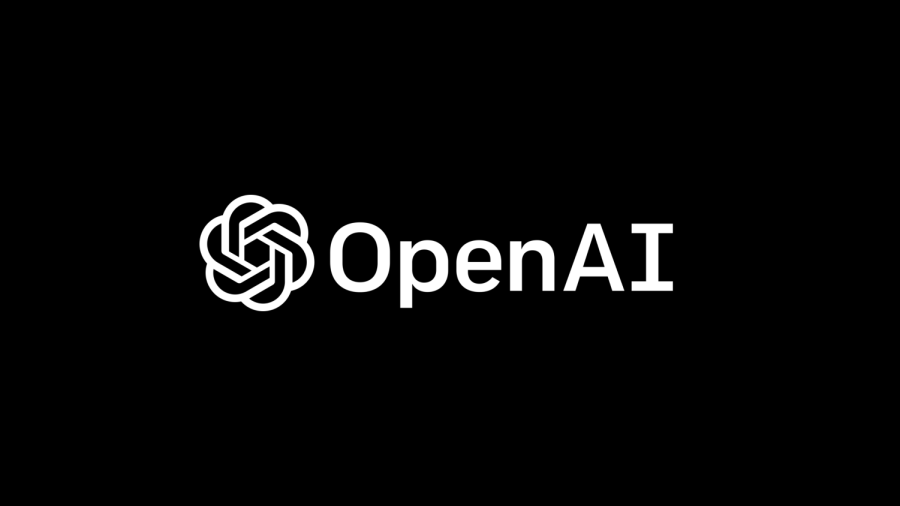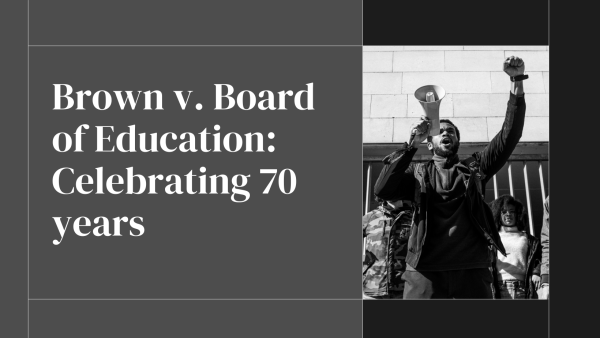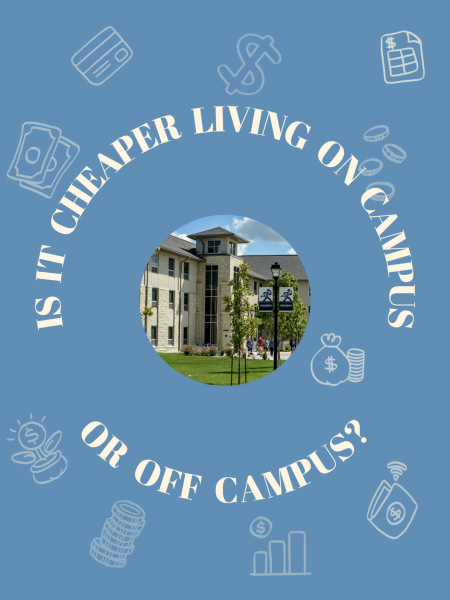Professors consider integrating ChatGPT into their curriculums
ChatGPT is a chatbot launched by OpenAI in November 2022. Kara Kendall-Morwick and Michael McGuire talked about the implication of the chatbot in terms of academics.
Chat Generative Pre-trained Transformer, commonly known as ChatGPT, is an open source AI chatbot that answers questions according to the requirements provided by the user. It was launched at the end of November 2022 by OpenAI and has quickly become very successful.
Although conversations on concerns for academic integrity are a big topic, Washburn professors are looking forward to the potential use of the chatbot and possibly incorporating ChatGBT in their curriculum.
Kara Kendall-Morwick, director of the Center for Teaching Excellence and Learning and an associate professor of English, talked about ChatGPT as a useful tool that she would like to integrate into the classroom as it is rather likely to become a marketable skill.
“I am thinking now about designing some activities and assessments in the future that incorporate ChatGPT,” Kendall-Morwick said. “I think it could actually be quite a useful tool.”
Michael McGuire, an associate professor of psychology, held a similar sentiment about ChatGPT; figuring it to be a beneficial tool that can aid students in becoming more productive. He also compared the AI chatbot to a calculator performing calculations.
“It will take care of things that some folks view as not necessarily as important and take care of that so you can do more important things,” McGuire said.
Both professors held a positive view of the AI chatbot. They firmly believed it to be the future of the internet and that it was not going to die out anytime soon.
“Somehow, we have to figure out how to use it to our advantage and move forward with it,” McGuire said.
According to Kendall-Morwick the concern of academic dishonesty may lead to banning and restriction but would also create academic inequities. This may lead to a missed opportunity for the university.
“You miss opportunities to intervene sooner and design assignments and assessments more thoughtfully, and maximize student learning,” Kendall-Morwick said. “And you also end up creating inequities to think about. For example, in recent years, the use of paper mills.”
Paper mills are illegal organizations that produce and sell fraudulent scientific manuscripts written by ghostwriters on demand, in exchange for money.
Kendall-Morwick went into detail about how the tool could be an actual step to promote equity since people are judged on their writing. ChatGBT could be a useful tool for emails and routine correspondences for example. Additionally, she hopes that the AI chatbot would influence some instructors who put a heavy emphasis on grammar to think about the arguments presented and make marks accordingly.
According to McGuire, professors could ask for sources and resolve the problem of ChatGBT being used for assignments.
“If they are bypassing steps to getting to the learning objective through ChatGPT, then that could be a cause of concern,” McGuire said. “But I think an instructor can try to figure out that potential problem like I said, by just asking to show me how this applies to your life.”
All in all, ChatGPT is here to stay and it is better to familiarize oneself with the growing technology instead of completely abandoning it.
Edited by: Rakesh Swarnakar and Alijah McCracken
Your donation will support the student journalists of Washburn University. Your contribution will allow us to purchase equipment and cover our annual website hosting costs.









